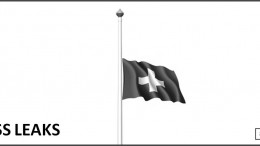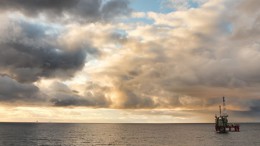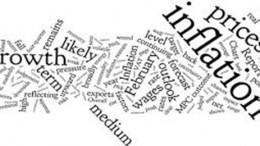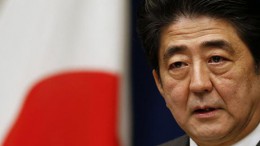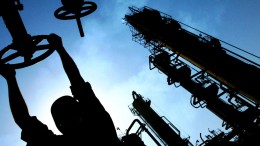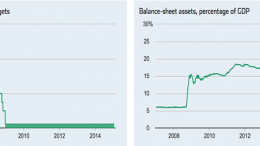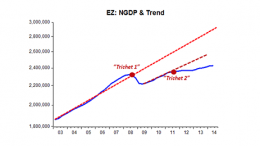‘One belt, one road’ and how China aims to lead trade between Asia and Europe
Iris Mir | China aims to recover the ancient Silk Road to create an unprecedented trade link between Asia and Europe. Least developed Chinese provinces would also benefit largely from the ‘one belt, one road’ project as Beijing will need to invest greatly in infrastructure and high-speed railways. Local governments see the project as a golden opportunity to revive stagnating growth.


